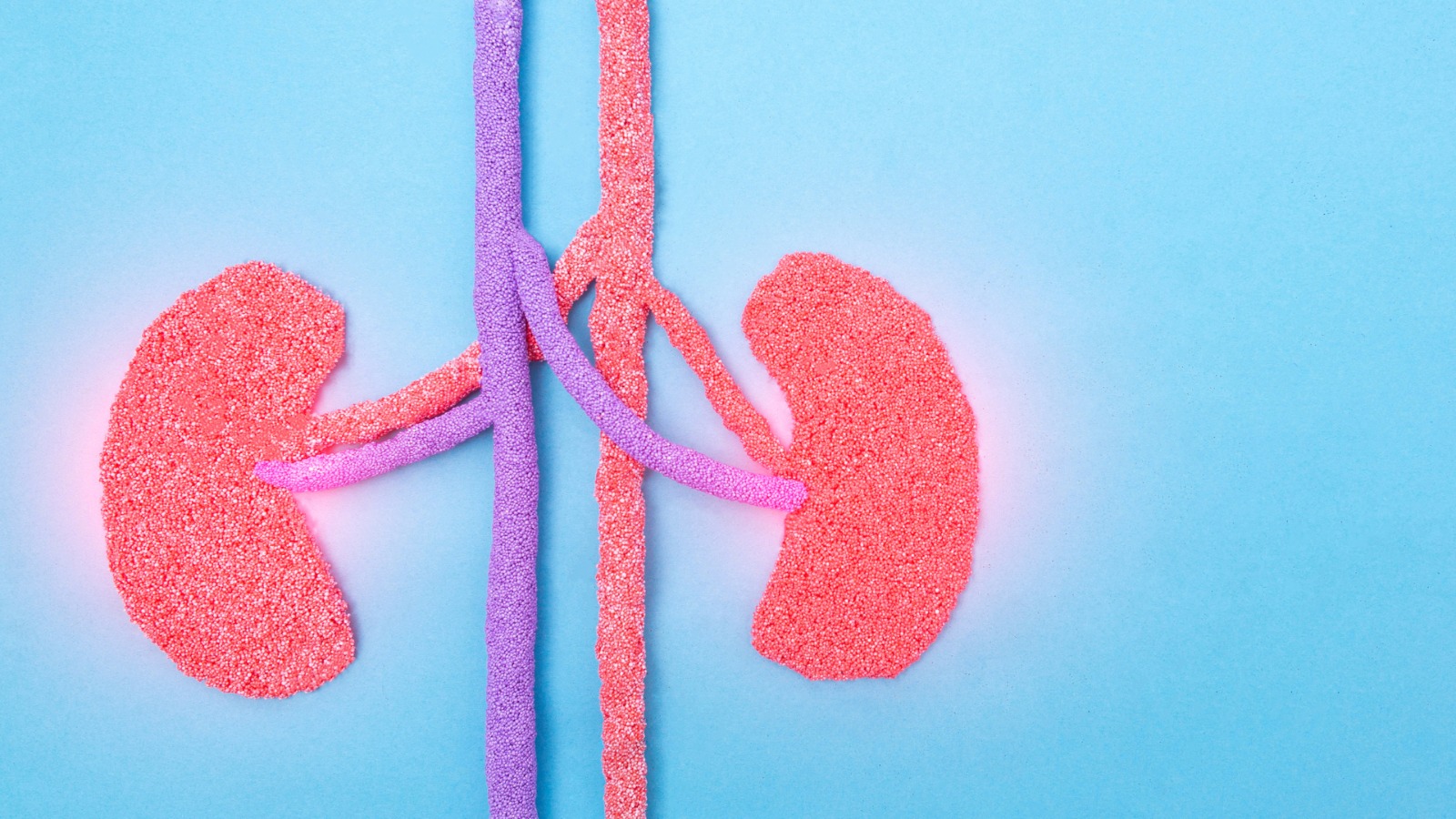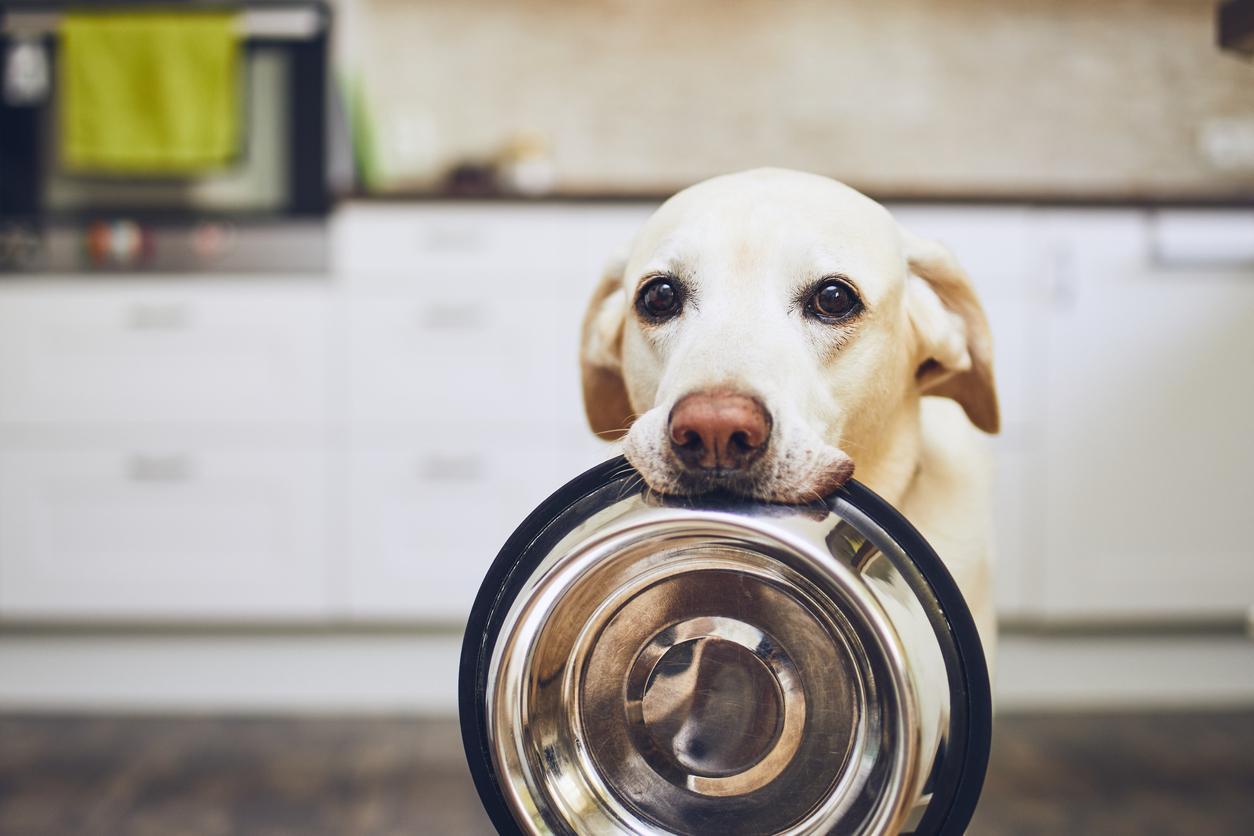Whilst looking at micronutrients separately can be a somewhat reductionist view of both health and disease, we can’t deny that in many conditions we see here at My Pet Nutritionist, deficiencies may appear. We haven’t covered a specific nutrient for a while, so we thought we’d start again with Folate.
Folate is a water-soluble B vitamin that is naturally present in some foods, added to others, and available as a dietary supplement. Folate, formerly known as folacin and sometimes vitamin B9, is the generic term for naturally occurring food folates. Folic acid is the fully oxidized monoglutamate form of the vitamin that is used in fortified foods and most dietary supplements. In short, folate is the natural form, folic acid is the synthetic form.
In 1930, Lucy Wills found that marmite could cure macrocytic anaemia in pregnant women, since then we have consistently reinforced the role of folate as a key nutrient for health (and particularly for maternal health and foetal development).
Folate comes from the latin folium, largely because folates were first isolated from spinach.
Vitamin B9 or folate functions as a coenzyme, which in short means it assists enzymes to catalyse a reaction.
B9 plays a role in:
- Producing nucleic acids (like DNA),
- Forming blood cells in bone marrow,
- Ensuring rapid cell growth in infancy, adolescence, and pregnancy,
- Controlling blood levels of the amino acid homocysteine,
- Utilizing amino acids in building new proteins.
In short, B9 is important in normal blood formation, immune function, cell division and tissue growth.
Signs and Symptoms of Deficiency
- Atrophy of the digestive tract epithelium; reduced absorption of nutrients, diarrhea, anorexia and weight loss,
- Reduced production of platelets can increased risk of abnormal bleeding,
- Impairments in white blood cell development can reduce immune response,
- Elevated blood homocysteine,
- Impaired foetal growth,
- Behaviour changes – depression, irritability.
- Anaemia
Folate Deficiency Anaemia
Anaemia is a blood disorder where the number of red blood cells is lower than usual. Red blood cells carry oxygen to all parts of the body, so in cases of anaemia, oxygen doesn’t get to tissues and organs. Without oxygen, they can’t carry out the functions they are supposed to.
In addition, low folate levels can cause megaloblastic anaemia where red blood cells are larger than normal. As they are larger, they aren’t always able to leave the bone marrow, and so they can’t enter the blood stream to deliver oxygen where it needs to go.
Causes of Folate Deficiency
It goes without saying that a diet low in naturally occuring folates can result in folate deficiency, but deficiencies usually occur due to small intestinal disease or pancreatic insufficiency. In addition, they can also occur due to chronic use of certain medications.
Like vitamin B12, folate is bound to protein so it must be freed by processing or digestion. Digestion starts in the stomach, but then soon calls upon the pancreas to help out with the production of digestive enzymes. Folate is chiefly absorbed in the small intestine so any dysfunction or inflammation here will result in malabsorption. This is why folate deficiency is often seen in inflammatory bowel disease.
Gut Guardian
Folate deficiency is regularly noted in cases using:
- Anticonvulsant medication,
- Sulfasalazine – to treat IBD/colitis,
- Diuretic medication,
Homocysteine
Homocysteine is an amino acid that is usually changed into other amino acids ready to be used by the body, but this process depends on other coenzymes and folate is one of them. When folate is low, homocysteine levels can creep up.
High homocysteine levels have been associated with:
- Heart disease,
- Kidney disease,
- Arthritis,
- Neurodegeneration,
In humans, we pay a lot of attention to a gene known as MTHFR, for us, this gene can have a glitch which means we don’t convert folate to its active form. As a result, those with MTHFR mutations can suffer with high homocysteine levels. We are still building our understanding in canines, but it appears dogs too can suffer genetic glitches which can affect how well they metabolise and utilise folate.
A study carried out in 2014 explored the link between homocysteine levels in dogs and cardiovascular disease, inflammatory conditions, skin and kidney disease. They established breed differences in homocysteine levels, suggesting a genetic component to folate handling, like in humans. In addition, they concluded a strong relationship between high homocysteine levels and skin disease in dogs.
Findings Here
Folic Acid Supplementation
Folic acid often remains unmetabolized in the body, this is the synthetic supplement form. As it is not a normal metabolite, it must first be reduced before it can enter the folate cycle. There are also schools of thought that folic acid competes with naturally occurring folates. For this reason, supplementation should ideally be folate in it’s methylated form. You also bypass the potential issue of genetic glitches.
But, if there are no genetic glitches which affect how well your dog metabolises folate, then feeding a nutrient dense, fresh food diet should be sufficient.
Sources of Folate:
- Dark leafy greens – spinach, broccoli,
- Liver,
- Seafood,
- Seeds,
- Eggs,
- Nuts,
High levels of folate can often mask B12 deficiency, so take a look at our B12 blog for more information.
Why Your Dog Needs Vitamin B12
Summary
If your dog is suffering with digestive dysfunction, it may affect how well he utilises nutrients, so tackling this is essential. Folate deficiency is often seen in cases of inflammatory bowel disease and pancreatic dysfunction.
Natural Guide for Inflammatory Bowel Disease
Pancreatitis: Natural Guide for Pets
7 Steps to Optimal Gut Health
If you would like more information on vitamin deficiencies in your dog, then check out our blog here:
Does My Dog Have a Vitamin Deficiency
As always if you are concerned about your dog’s diet, whether he is getting the right nutrients he needs, or indeed whether he is utilising them as needed, then check out our services to see if we can help explore some of these questions with you.
Thanks for reading,
Team MPN x







